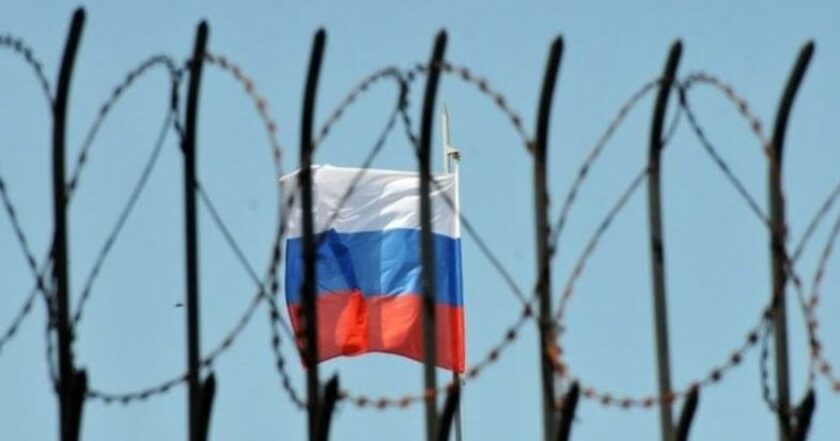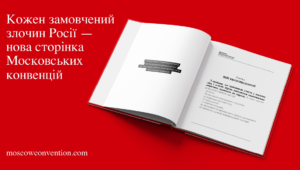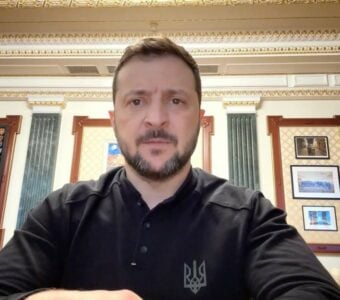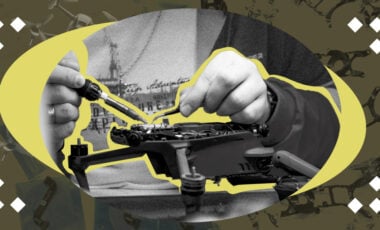Italy has frozen €2 bln worth of Russian oligarchs' assets

After Russia's invasion of Ukraine began last year, Italy froze the assets of Russian oligarchs worth about €2 billion.
The country's central bank announced that assets frozen as part of European Union sanctions against Russia include bank accounts, luxury villas, yachts, and cars, Reuters reports.
In its annual report, the Bank of Italy's anti-money laundering (UIF) unit said the €2 billion figure was updated as of the end of June.
Financial assets worth around €330 million linked to 80 individuals were frozen as part of the sanctions regime, UIF head Enzo Serata added.
Before the start of the war in February 2022, Italian beaches and ports were popular vacation spots for wealthy Russians. They bought properties in prime locations such as Lake Como, Sardinia, Tuscany, and the Ligurian coast.
Some of the oligarchs against whom these measures are directed have appealed to the court, including the Russian-Uzbek metallurgical and telecommunications magnate Alisher Usmanov.
In April, an Italian court referred to the Court of Justice of the European Union a decision on whether to continue freezing his assets worth more than €80 million.
Earlier, a bill was submitted to the US Senate which provides for confiscating assets belonging to the government and the Central Bank of the Russian Federation. Great hopes are placed on it.
As Rubryka reported, the plan to use the frozen assets of the Central Bank of the Russian Federation for the benefit of Ukraine was supported by the leaders of the European Union. It provides for the collection of income tax from them.
Ukraine and its allies are creating a format allowing it to confiscate frozen Russian assets in Europe, the United States, Canada, and other partner states. They want to send them to restore Ukraine.
US Deputy Secretary of State for Political Affairs Victoria Nuland said during the US-Ukraine Partnership Forum that they want to use the frozen assets of the Russian Federation to restore Ukrainian infrastructure in the United States.
Bloomberg reported that the EU is already studying the procedure for confiscating €200 billion of frozen assets of the Russian central bank, but there they encountered legal obstacles.
At the same time, Germany opposes the transfer of frozen Russian assets to Ukraine due to legal and financial risks.




















































